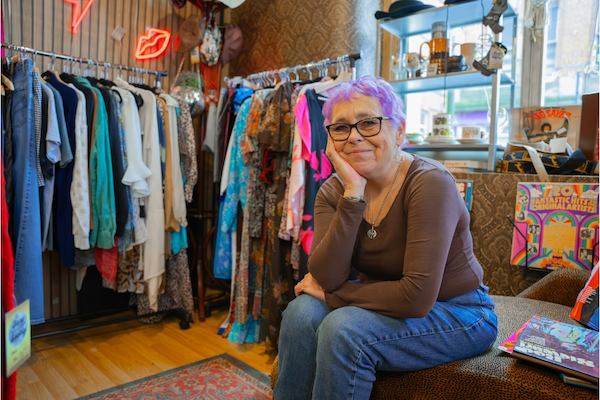Within policy, recent years have seen a move toward narratives of healthy, active ageing, and a focus on enabling continued contributions to society into later life. While this change is seen as positive by many, it has been criticised for stigmatising those unable to achieve a healthy ageing ideal. It’s also compounded by narratives of intergenerational conflict in which the needs of older and younger generations are pitted against one another. In this context, older people are portrayed as villains, consuming too many resources, or as victims, dependent on society.
In the media, the ageing population is often represented in terms of a demographic crisis, in relation to pensions, health care and the economy. We also noted a lack of diversity in representations of older people, who seem to be either represented negatively, as unattractive and unhealthy, or positively, as ‘successful agers’, defying the effects of ageing. However, a shift does appear to be underway as social media allows people to set out alternative representations of ageing that are rooted in individual experience and challenge ageist stereotypes.
Over 65s are now the fastest growing age group in the world, and so understanding the research into how we think about age and ageing is essential if the UK is to adjust effectively to our ageing population. Our review recognises that some stereotypes of ageing have a ‘kernel of truth’ and reflect age-related changes. But it also highlights the danger of stereotypes to over exaggerate age differences and dismiss the huge variations between people of the same age. There are a number of ways we can try to shift this ingrained ageism, more responsible messaging and reporting in the media, providing opportunities for positive intergenerational contact and more visible and diverse images and narratives of ageing.

